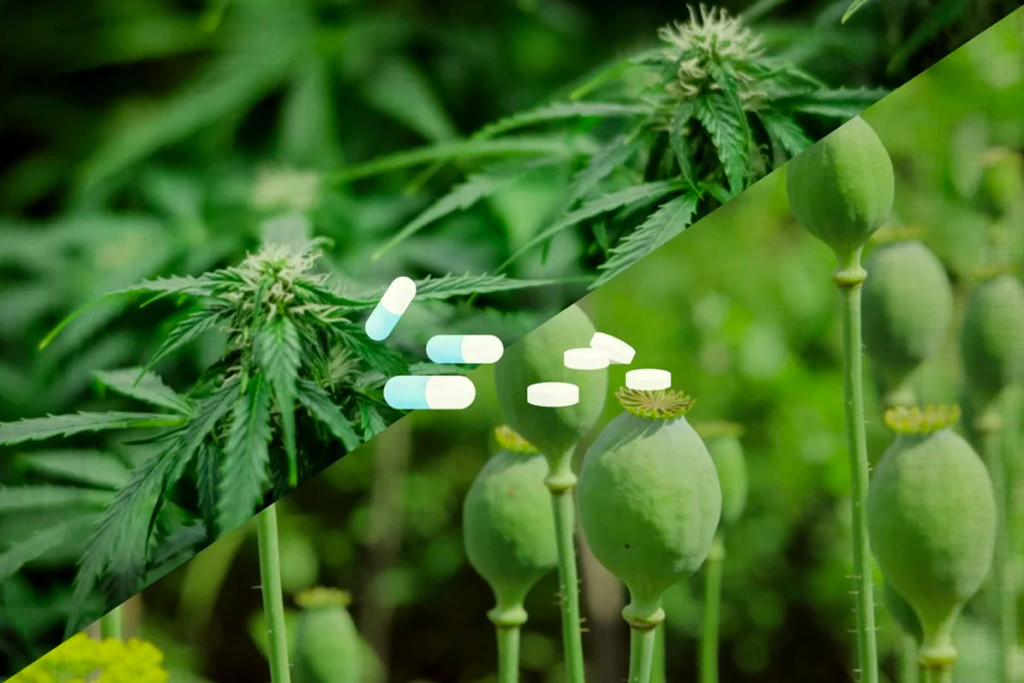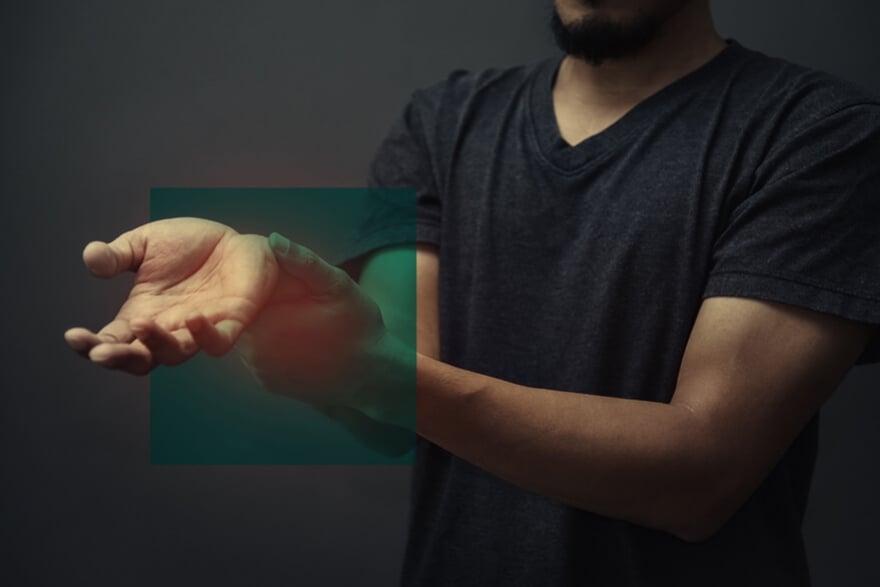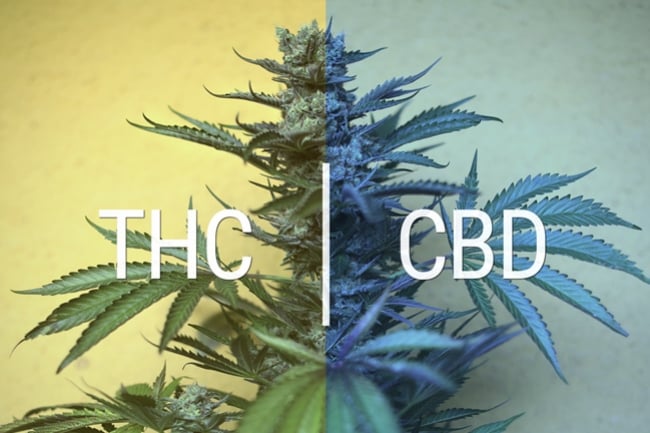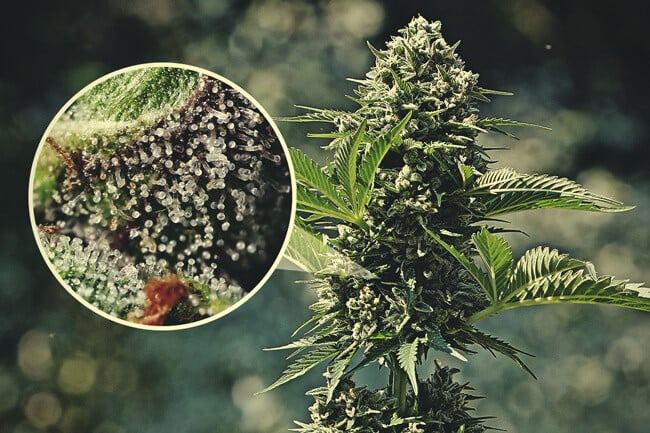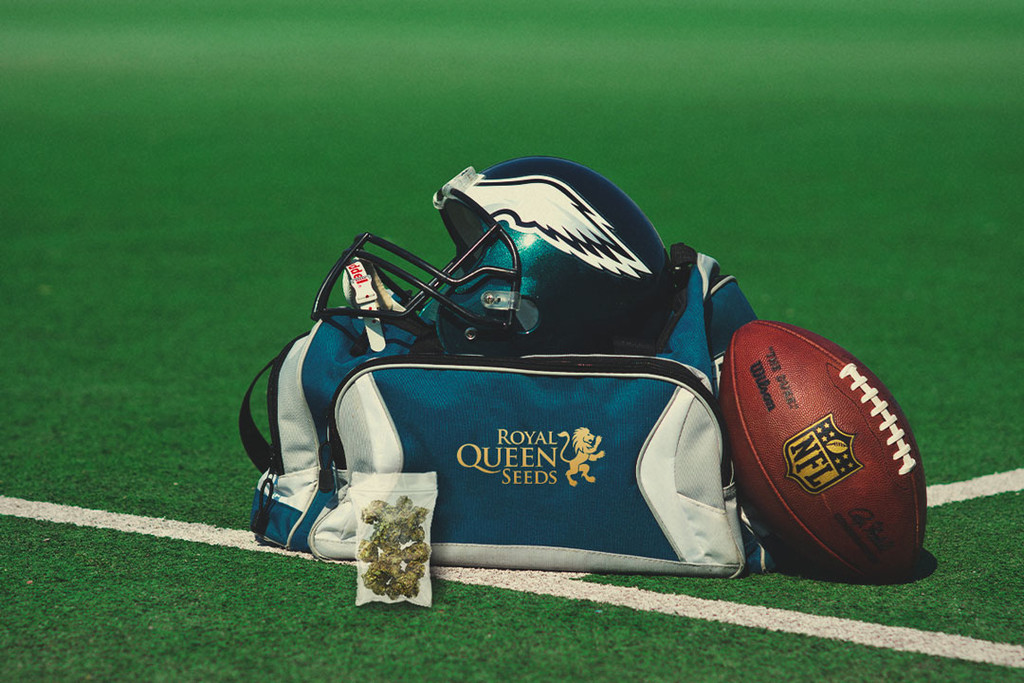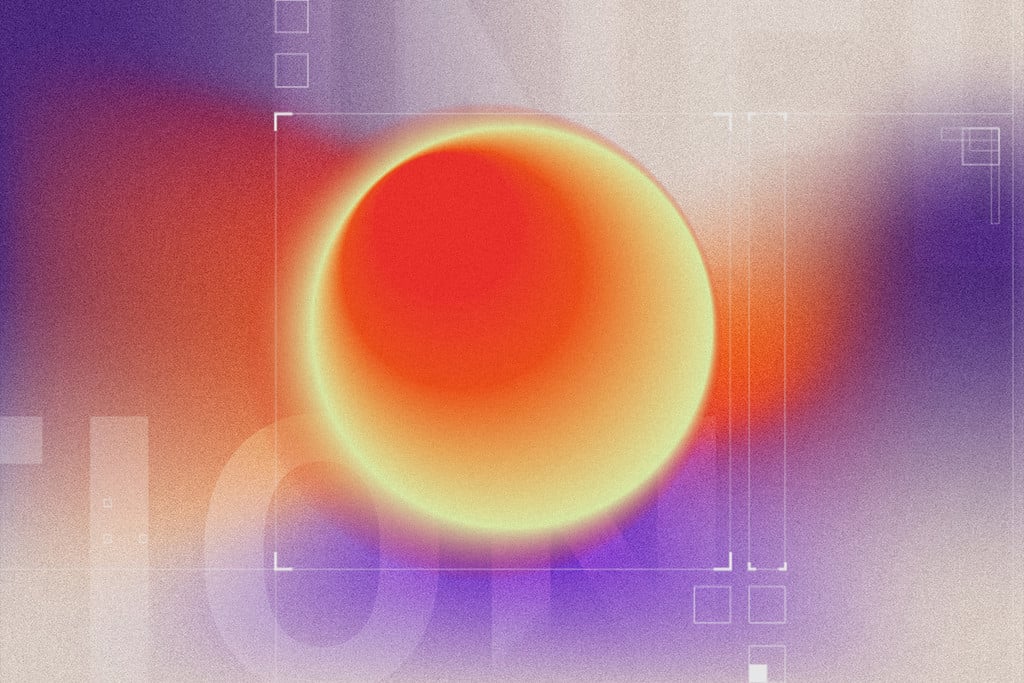.
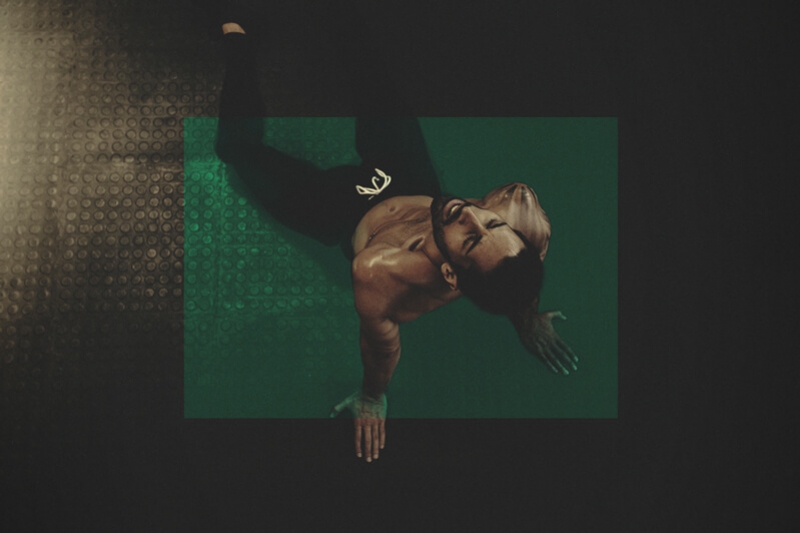
CBD and Sport: Muscle Recovery, Pain, and Sleep
Athletes nowadays have been known to take CBD to help them through the process of muscle recovery, but does it actually work? What's the science behind it, and what physical issues could CBD potentially help alleviate? We'll discuss all that and more as we go along in our discussion.
Contents:
Muscle recovery is an integral part of every athlete's routine. Whether you're a runner or a bodybuilder, you need a post-workout regiment that can alleviate your body from the aches and pain brought on by a hard training session.
There are numerous drugs out there that try to offer immediate relief, but they also bring uncomfortable side effects and potential long-term damage to your health. However, there's also one alternative that many experts have been looking into as the new solution: cannabidiol.
CBD and Muscle Recovery
CBD is one of the 100+ cannabinoids found in the cannabis plant, just like the iconic THC.
Once CBD enters the body, it has an indirect interaction with our endocannabinoid system (ECS) via the inhibition of an enzyme that breaks down anandamide, which is a cannabinoid created within our bodies. It's also known as the "bliss molecule", and it binds with the CB1 and CB2 receptors in our ECS, handling aspects of our lives such as our mood, appetite, our perception of pain, and our fertility.
The feeling when it hits out system is similar to the “runner’s high,” or that feeling of elation and reduced stress caused by a sudden rush of endorphins.
Speaking of runners, now could be a good time to delve deeper into the use of CBD for athletic muscle recovery.
You’ve probably heard about that a lot, but how exactly does it work?
Well, before we dive into the main topic, let’s briefly discuss why we get sore after a workout in the first place.
See, when a muscle works harder than usual, microscopic tears can start to form in the fibres. We recognise this as Delayed Onset Muscle Soreness, or DOMS, and it's a perfectly normal part of working out. As they heal, they're slightly more adapted to the new activity, and the next round of soreness won't hurt as bad or last as long.
The recovery process is still decently painful and uncomfortable, though; ice packs and rest may ease the process, but some rely on painkillers to keep them going. As we discussed earlier, those pills can not only cause various short-term side effects but long-term damage to your internal organs as well.
Considering the possibility of those issues, scientists have begun exploring every possible safer alternative. Cannabis, specifically the cannabinoids found within, have become the main focus of studies in that process.
So that leads us to our main question: how could CBD potentially help in muscle recovery?
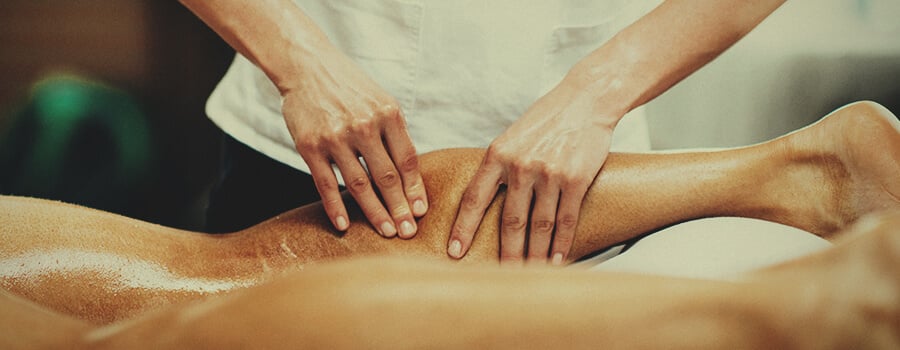
Pain Management
In terms of pain management, researchers are still testing CBD to see if it’s of any use against inflammation.
What makes it effective is its relationship with the cannabinoid receptors in the ECS. Unlike THC, CBD does not bind with the CB1 and CB2 receptors. It is instead believed to bind to the TRPV1 receptors, which are responsible for regulating body temperature, pain perception, and inflammation.
Ongoing studies are trying to figure out how CBD works to influence the ECS. So far, researchers have found the molecule to influence anandamide levels and interact with CB2 receptors, as well as receptors that make up the “expanded ECS”. Now, they’re looking to see if this action has any relevance in terms of pain, inflammation, and post-workout aches[1].
Better Sleep Quality
Apart from those long hours of training and skill honing, sleep is another integral part of an athlete’s life. A lack of proper sleep hygiene may compromise the recovery process, which could lead to slower healing of injuries and lingering aches.
As you start to get less sleep on a weekly basis, you may start feeling more anxious in turn. Your mind goes into overdrive, worrying, and ruminating to the point you end up tossing and turning at night even more.
This vicious cycle can quickly feed into itself. In hopes of slamming the breaks, researchers are now observing the effects of CBD on both sleep and anxiety. A large case series published in 2019[2] examined the effects of the cannabinoid on 72 adult patients struggling with sleep and anxiety; the authors concluded that more formal studies on efficacy and dose-finding are urgently needed.
Possible Side Effects
As research progresses, the hope is that an alternative or adjunct to these addictive and sometimes dangerous drugs can be found. But we won’t know the validity of CBD in this regard until strict human trials with large sample sizes are carried out.
The side effects[3] of excessive cannabidiol doses may include diarrhea, fatigue, loss of appetite, and, in especially uncommon cases, weight changes. The worst of it could be liver damage, especially if taken alongside certain medications, but that's very rare and only happens with extremely high doses of CBD or conflicting medications.
How to Use CBD
Thanks to the research and product development allowed for by legalization, cannabidiol comes in various forms in this day and age.
You can get some buds from a CBD-rich plant, for instance, and smoke or vape them the same way you would with standard cannabis. If you don't want to smoke or vape flower, though, there are ways to take it orally, such as capsules, oils, and tinctures. Oil can also either be infused in food or beverages, or used directly by dropping underneath the tongue.
For those who aren’t big fans of its taste, there’s also the option for topical administration. Topical CBD comes in lotion, balm, and oil form, which you apply directly onto the skin.
CBD and Athletes
Here are some alarming statistics: according to a fact sheet[4] put out by the State of New Jersey’s Department of Education, the National Council on Alcoholism and Drug Dependence found that 12 percent of male athletes and eight percent of female athletes have used opioids.
Another 2016 study revealed that the prescription of opioids[5] for analgesic purposes increased significantly over the last 20 years. While these drugs are completely legal, they’re very addictive and can lead to a vast amount of health issues. In turn, the consequences of misuse are much more devastating.
If CBD turns out to be of benefit, this athletic population could gain from the accessibility and good safety profile of the cannabinoid. The diversity of products—from CBD topicals to capsules—also makes for some interesting pre, post, and intra-race strategies.
How to Dose and When
Everyone has their own boundaries when it comes to CBD dosages, whether it be how they consume it or how much they take on a daily basis. Along with many other users, though, most athletes prefer dropping CBD oil or tinctures under their tongue.
Many people prefer that route because the cannabinoids get into the bloodstream relatively quickly. Oral CBD also has higher bioavailability, meaning that more of what you consume actually makes it into your bloodstream, which means doses can be reduced eventually.
There’s also a question of when, exactly, someone should take their dose. Some do it right after a workout for more immediate relief, while others may have some in the morning to start off their day on a peaceful note. It’s all down to preference, though; one of CBD’s effects is drowsiness and sleepiness, so many opt to take it right before going to bed.

CBD and Bodybuilding
If you're a bodybuilder, the process of honing your muscles is as regular as breathing air. However, you may not have considered the science behind your exercises.
In short, the process involves two metabolic states: anabolic and catabolic. The anabolic state is all about growing and increasing your lean muscle mass. On the flip side, the catabolic state is about breaking down stored fat and carbohydrates to be converted into energy.
So how could CBD be involved in all of this, you may ask? According to research, it can be observed regulating the catabolic process and ensuring that it won’t go overboard. As a result, the athlete will maintain their needed muscle mass while also curbing any possible muscle loss.
How to Dose and When
In a previous section of this article, we mentioned how soreness is caused by the formation of mini tears in the fibres of muscles that are worked out especially hard. Weightlifting is a classic example of how this concept works, especially since certain workouts target specific muscles.
In this case, it would make sense to use CBD topically and apply it directly to the affected area right after the workout. This direct application allows the cannabinoid to interact with the ECS in that specific area, leading to faster and more direct relief.
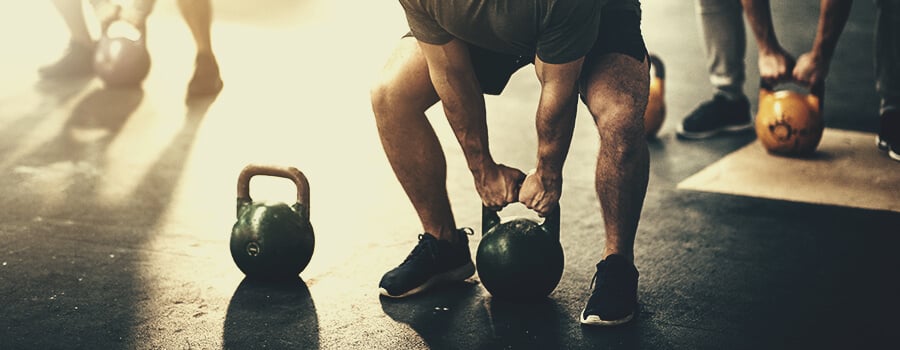
CBD and Runners
Long-distance runners go through arduous and strenuous training sessions to prepare for the next marathon or race. They will likely experience soreness and aches, particularly in their legs and feet. Stretching and ice packs can help to an extent, but many turn to conventional painkillers and other prescribed substances to find relief.
How to Dose and When
As more research is done, both topical and oral CBD is deemed useful for people who run on a regular basis. The former could be used for the aching parts of their lower extremities, while the latter could be used to help them sleep better. These can be taken right after the workout and before going to bed, respectively.

Is it Legal to Buy?
While CBD is legal in most parts of the world, athletic governing bodies still considered it to be a banned substance until recently. That, of course, all changed in 2018, when the World Anti-Doping Agency (WADA) took out CBD from its list of controlled substances.
Given the numerous benefits for recovery, and ultimately athletic performance, this was a promising development for athletes all-around. If you’re actively competing and intend to use CBD for such purposes, there's a good chance that you'll no longer run into any trouble that could potentially tarnish your name and ruin your career.
A small caveat, however, is that rules may differ depending on where you live. But if you do your due diligence, you should be fine.
Will CBD Cause a Positive Drug Test?
Straight answer: no, it won’t. Drug tests don’t go after CBD, but what could cause a positive result is the THC present in the substance you’ve used.
Conclusion
So, even though there are a lot of potential benefits to be discovered here, it is still wise to proceed with caution when taking CBD. The findings have been promising, yes, but more research needs to be done. So, if you want to be on the safest side, consult your doctor before making CBD a part of your regular regimen, especially if you’re taking other medications on a regular basis.
- Cannabis and the Health and Performance of the Elite Athlete https://www.ncbi.nlm.nih.gov
- Cannabidiol in Anxiety and Sleep: A Large Case Series https://www.ncbi.nlm.nih.gov
- CBD: Safe and effective? - Mayo Clinic https://www.mayoclinic.org
- Opioid Use and Misuse Educational Fact Sheet https://www.state.nj.us
- Nonmedical Prescription Opioid and Heroin Use Among Adolescents Who Engage in Sports and Exercise https://www.ncbi.nlm.nih.gov


























